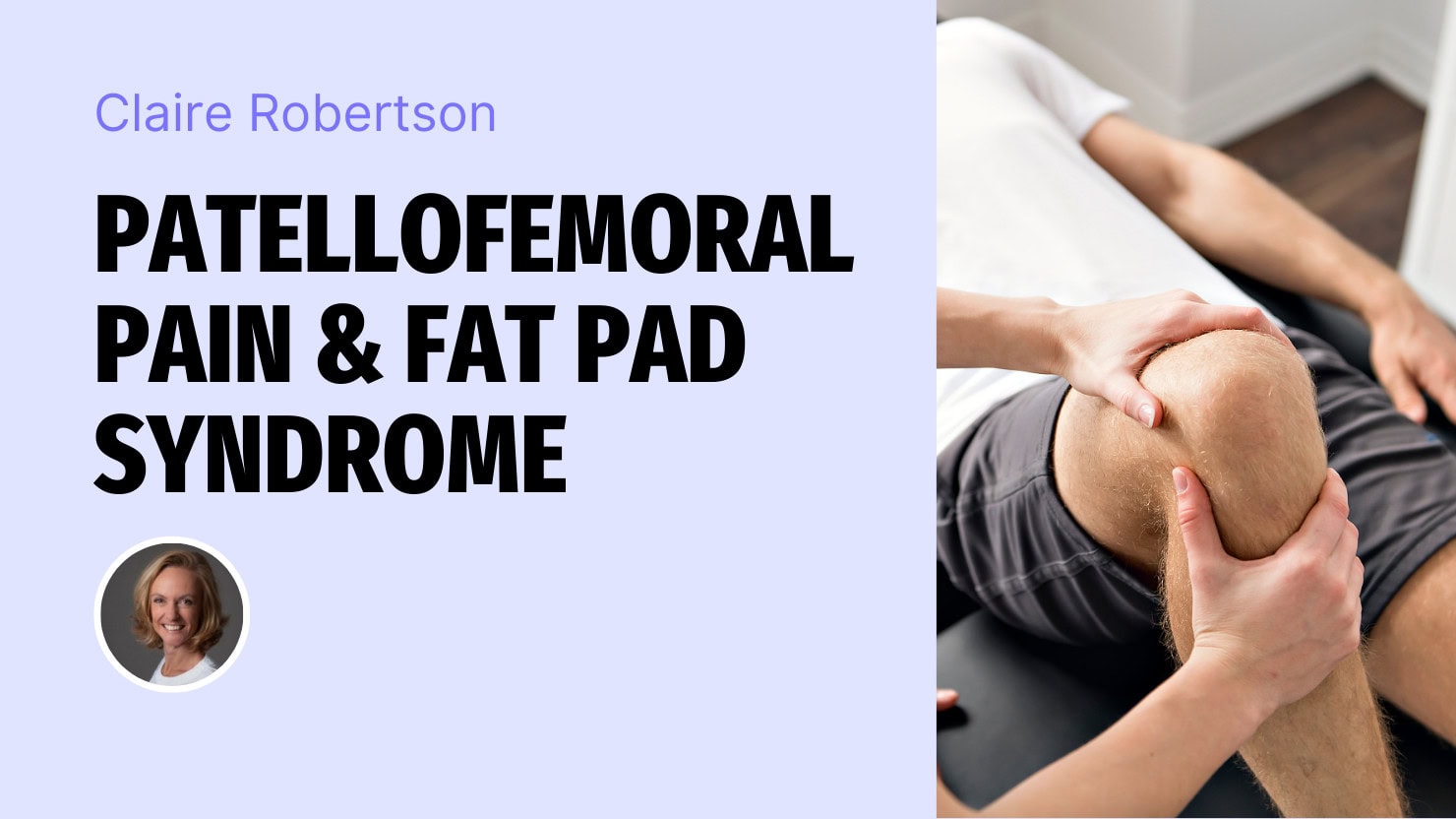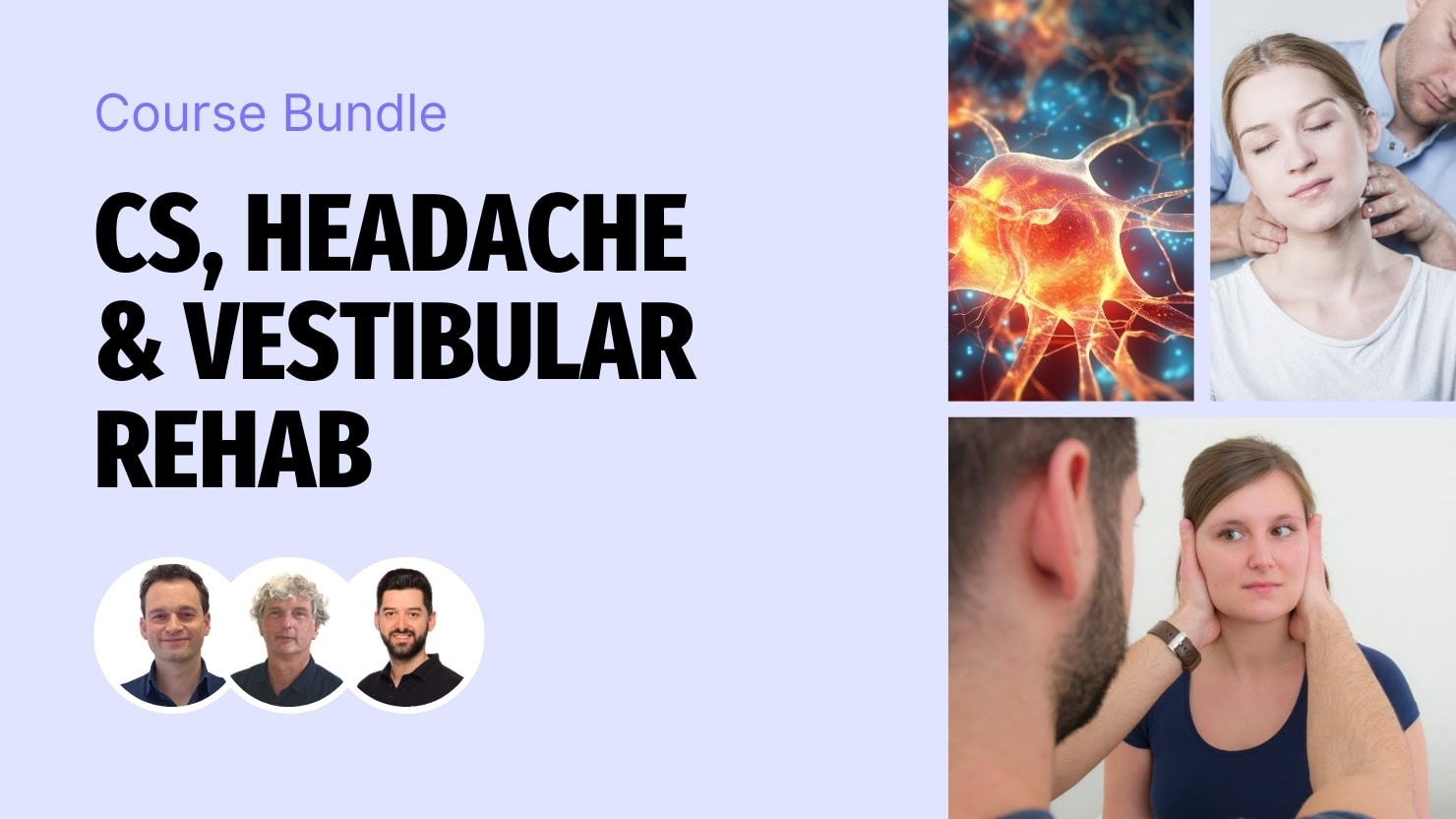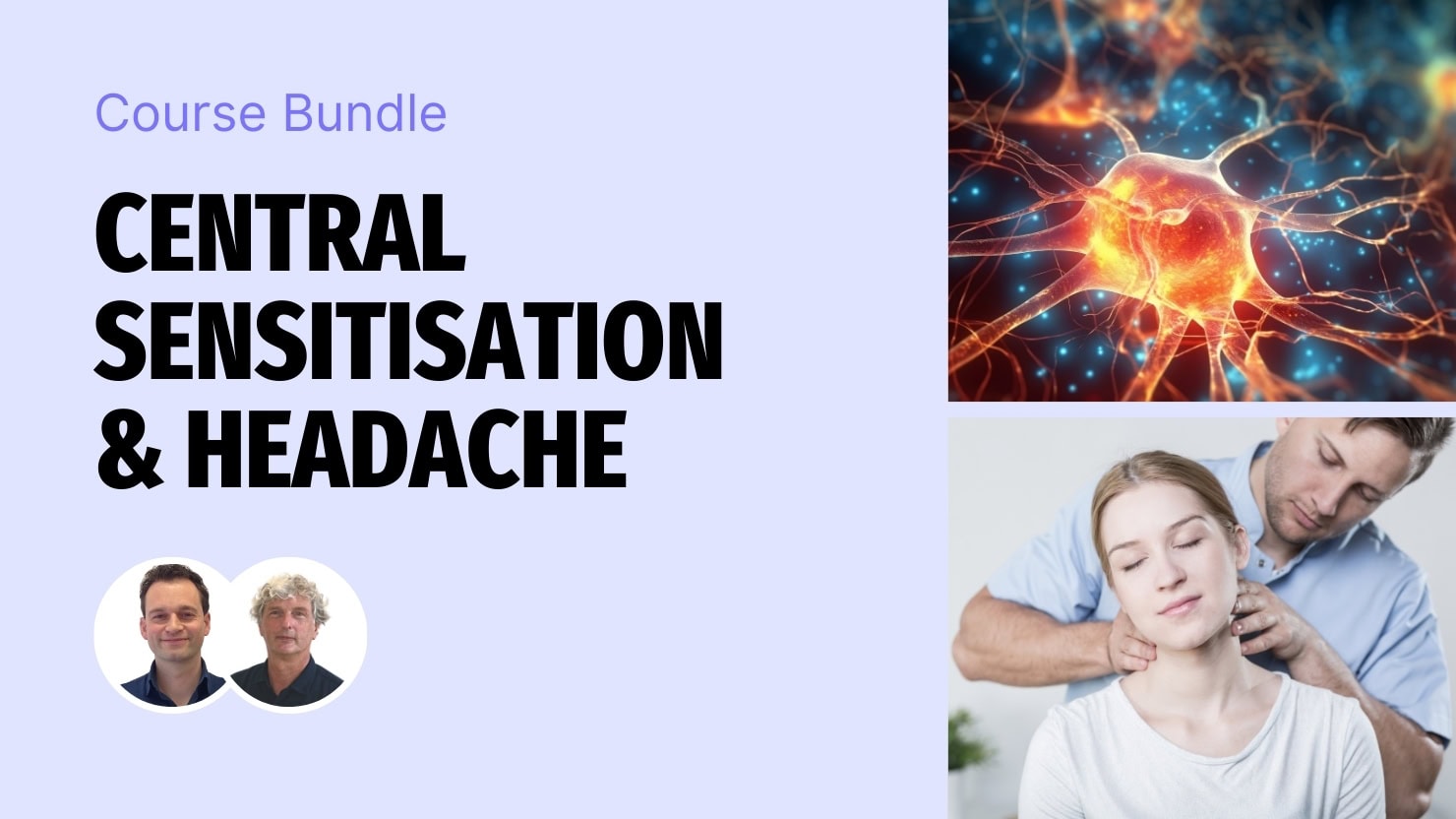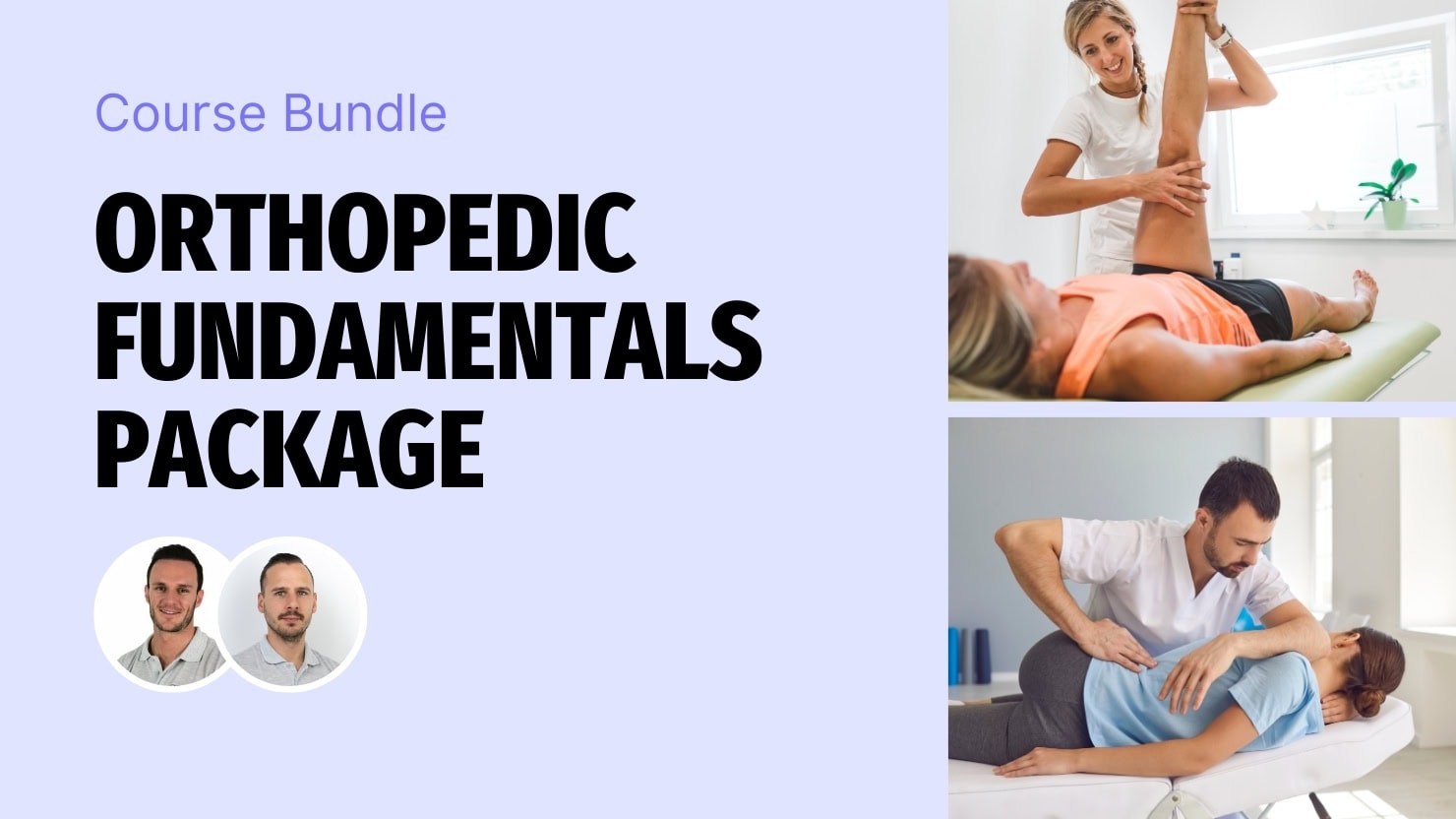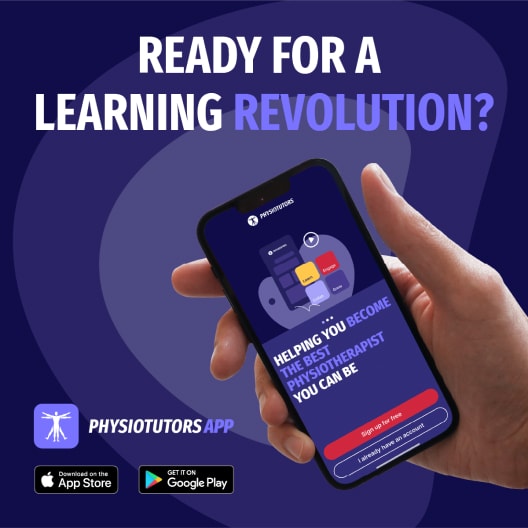Rotator Cuff Related Shoulder Pain: Separating Facts From Fiction
€ 329
- Unlimited access
- Course badge
- Course certificate
- Subtitles & page translations available in: 🇬🇧 🇳🇱 🇩🇪 🇫🇷 🇪🇸 🇮🇹 🇵🇹 🇧🇷 🇹🇷
Instructors

Filip Struyf
Description
Rotator Cuff Related Shoulder Pain: Separating Facts from Fiction
This course is designed to equip physiotherapists, manual therapists, and healthcare professionals with the advanced skills and knowledge to confidently assess and treat rotator cuff-related shoulder pain. Whether you’re a student or a seasoned clinician, this course offers a valuable opportunity to enhance your clinical practice with evidence-based insights.
Course Overview
This comprehensive course delves into the assessment and management of rotator cuff-related shoulder pain, providing you with the knowledge to tackle one of the most prevalent musculoskeletal complaints seen in clinical practice. From diagnosis to rehabilitation, this course gives you a structured approach to optimize your patient outcomes.
What You Will Learn:
- In-Depth Understanding of Rotator Cuff Pathology:Develop a clear understanding of the anatomy, biomechanics, and pathology associated with the rotator cuff. This knowledge will allow you to recognize the key factors that contribute to shoulder pain and dysfunction.
- Epidemiology and Risk Factors:Analyze the incidence and prevalence of rotator cuff-related shoulder pain and understand the key risk factors that may predispose individuals to this condition.
- Clinical Examination and Diagnosis:Learn how to perform an accurate and thorough clinical examination of the shoulder, using evidence-based special tests and assessment techniques to form a precise diagnosis.
- Rehabilitation Protocols:Implement tailored, evidence-based rehabilitation protocols for rotator cuff injuries. You will learn how to create effective treatment plans that cater to your patients’ specific needs, from early-stage rehabilitation to return-to-activity.
- Preventative Strategies:Discover how to integrate preventative strategies that minimize the risk of future injury and enhance long-term shoulder function.
Evidence-Based Approach
The course consistently refers to the latest research and scientific literature, ensuring that your treatment strategies remain current and relevant to modern practice. You will develop a deeper clinical reasoning process that not only addresses the symptoms but also targets the underlying causes of shoulder dysfunction.
Interactive Learning and Practical Application:
- Video Demonstrations and Quizzes:Engage with high-quality video demonstrations of key assessment and treatment techniques. Reinforce your learning with interactive quizzes designed to challenge your knowledge and ensure retention of the material.
- Case Studies and Differential Diagnosis:Apply your knowledge through practical case studies that simulate real-world scenarios. Practice differential diagnosis, making you more proficient in addressing complex patient presentations.
Meet Your Instructor
This course is led by Filip Struyf, a highly accomplished (sports-) physiotherapist and professor at the Department of Rehabilitation Sciences and Physiotherapy at the University of Antwerp, Belgium. Filip coordinates research in musculoskeletal disorders, with a specific focus on shoulder conditions. As vice-president of the educational committee at his department, editor of the Dutch/Flemish Journal of Sports Medicine, and co-founder and board member of the Flemish Shoulder Network, Filip’s contributions to the field are far-reaching.
Filip has published over 70 PubMed-cited articles and teaches shoulder assessment and rehabilitation courses at both national and international levels. Alongside his academic work, he continues to treat patients with shoulder pain in private practice. Recently, Filip was recognized as a world-leading expert in shoulder pain by Expertscape, making him an ideal guide for this course.
Outcome
By the end of the course, you will have the confidence and expertise to effectively manage rotator cuff-related shoulder pain in your patients. You’ll be equipped with the tools and knowledge to enhance shoulder function, reduce pain, and improve quality of life for your patients.
Course news
The re-accreditation of this course in the Netherlands is complete. You can read more about accreditation of this course below.
Course Reviews

